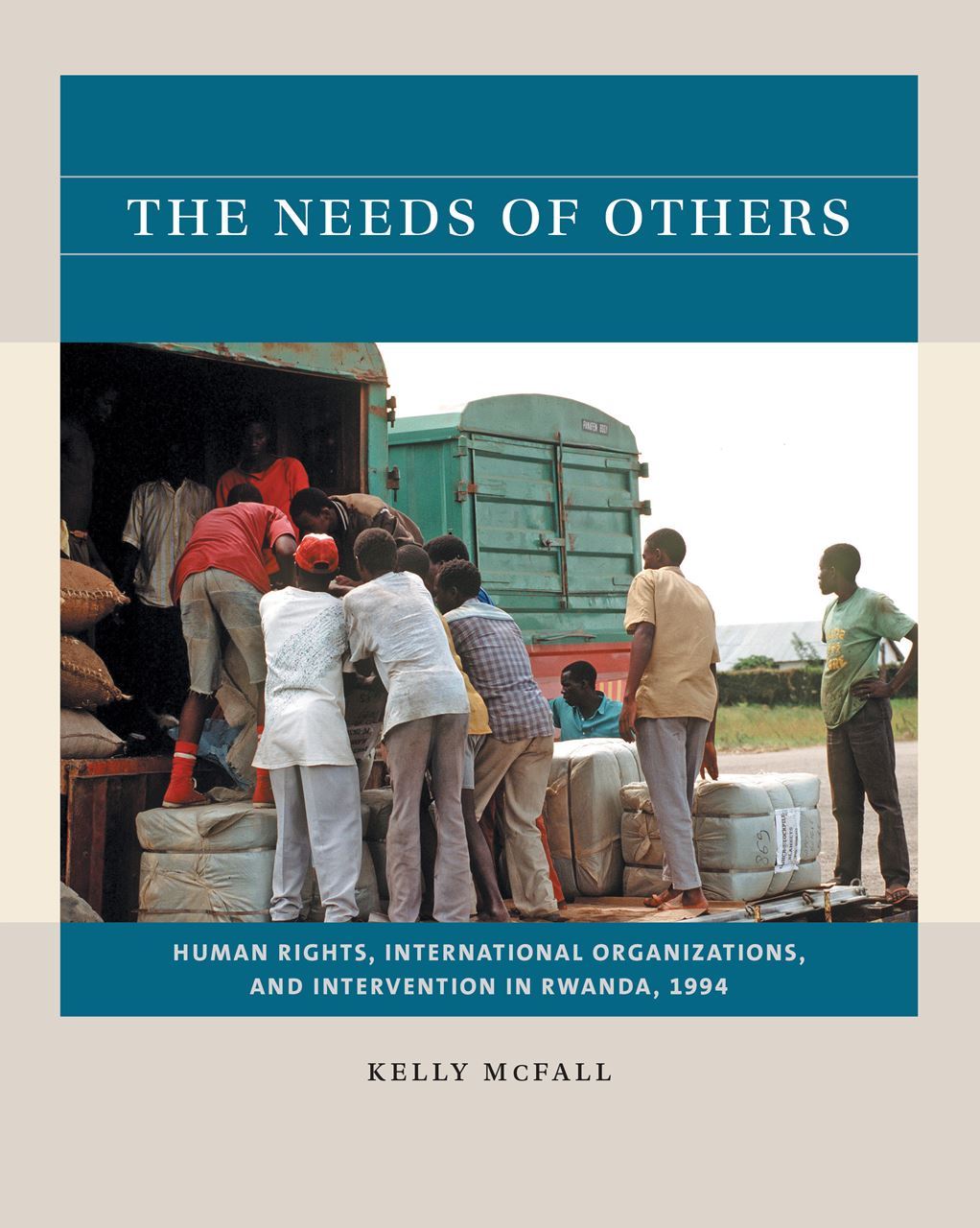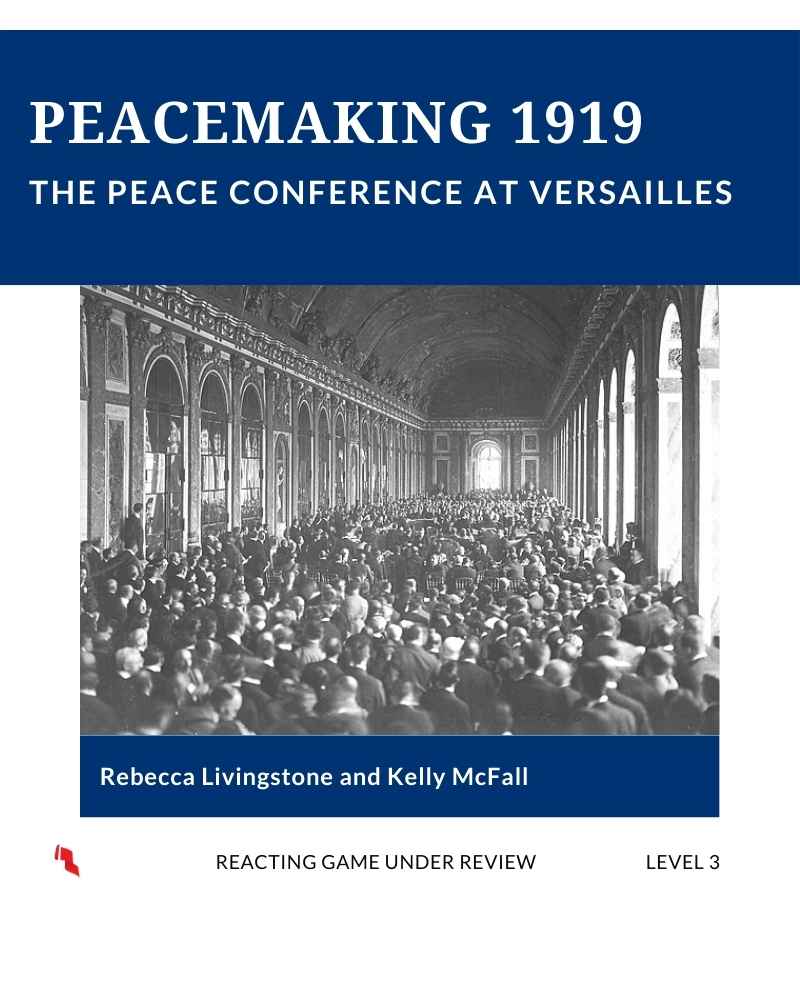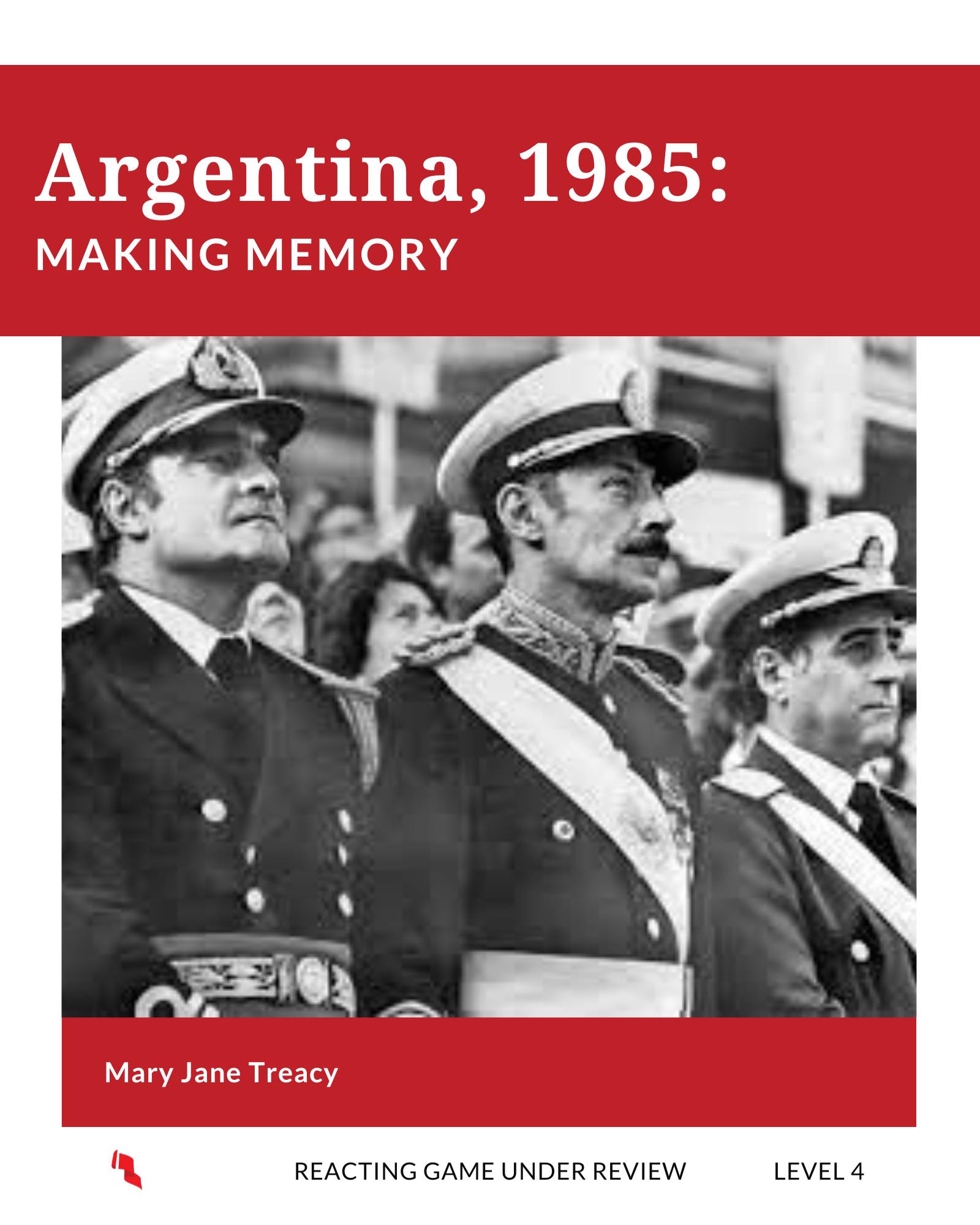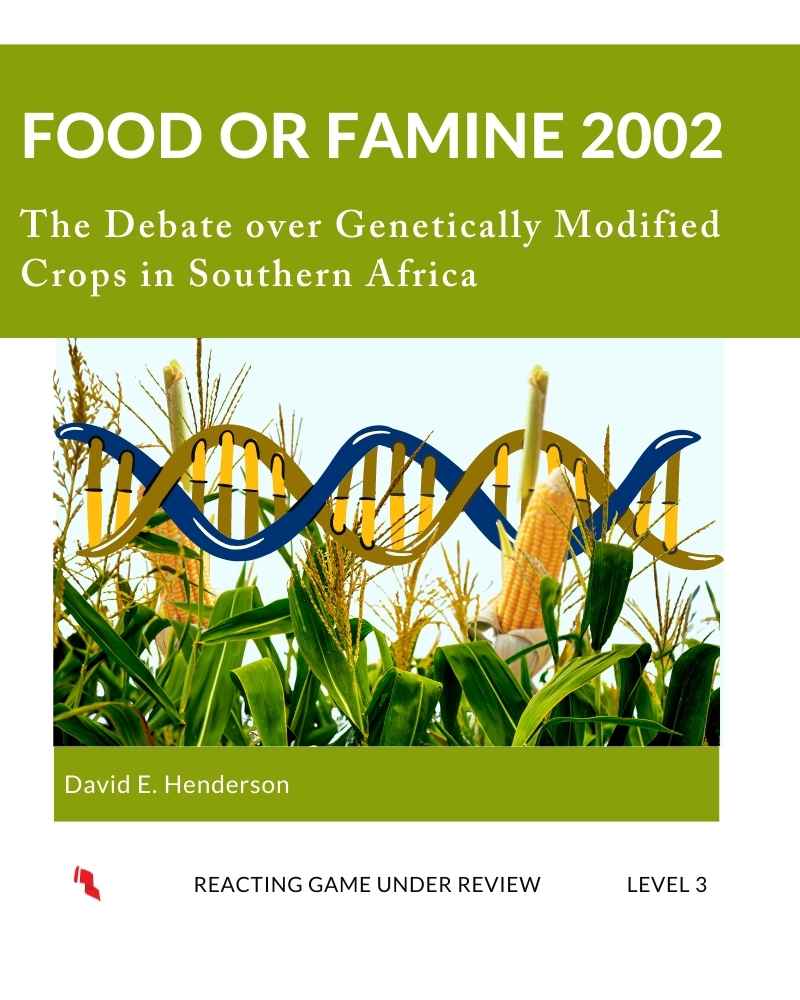 |
What responsibility do we have for our fellow human beings? What obligations result from our membership in a common biological or moral community? What right do we have to intervene in people’s lives to prevent them from hurting others? What can and should, or must, we do about injustice and oppression? Are we, in fact, our brother’s (and sister’s) keeper? This game prompts students to wrestle with these fundamental questions, asking them to respond to rapidly spreading genocidal massacres in Rwanda in April and May of 1994. Some players will, as part of the United Nations Security Council (UNSC), have the authority and responsibility to debate proposals and make policy. Others, as leaders of non-governmental organizations (NGOs), journalists, or representatives of public opinion, will attempt to learn more about what’s going on in Rwanda and influence public policy based on this knowledge. All of this takes place in an environment complicated by inadequate information, the need to make rapid decisions, and outside demands on the time and intellectual energy of policy makers. During the game students will experience the intersection of policy making, the media, and public opinion in an environment of limited information. In addition, students will practice leadership and negotiation as well as critical reading, writing, and speaking. Available in French Translation.
|
Details
|
Using the Game
Class Size and Scalability Class Time
|
 GAME MATERIALS
GAME MATERIALS
Confirmed instructors who are not yet members can access basic instructor materials. Reacting Consortium members can access all downloadable materials (including expanded and updated materials) below. You will be asked to sign in before downloading.
Gamebook Students need a Gamebook, which includes directions, resources, and historical content. The Needs of Others Gamebook is published by UNC Press. Paperback ISBN: 978-1-4696-7068-3 Published July 2022 Available wherever books are sold. | Role Sheets Students also need a Role Sheet, which contains biographical information, role-specific resources or assignments, and their character's secret victory objectives. .pdf file. | Instructor's Manual The Instructor's Manual includes guidance for assigning roles, presenting historical context, assignments, activities and discussion topics, and more.
.docx file.
.zip folder of .pdf files. |
Kelly McFall
Kelly McFall is professor of history and chair of the humanities division at Newman University in Wichita, Kansas. Since 2013, he has run a popular podcast focusing on new books in genocide studies. In 2014, he won the inaugural Faculty of Distinction award from the Kansas Independent Colleges Association, recognizing his teaching excellence. | Reacting and Related Titles
|
Reviews
"I am very enthusiastic about this game. I use it as the capstone assignment for an introductory course in International Relations built around the concepts of interests, institutions, and ideas. The game shrewdly activates these concepts and many more. It allows my students to visualize the role of non-governmental organizations and public opinion. Set in 1994, it even gives students a chance to think about what global diplomacy was like before the Internet as we know it was generally available. Perhaps most important, it humanizes the people who have to make critical decisions. It’s a rich, rich game."
Members can contact game authors directly if they have questions about using the game. We also invite instructors join our Facebook Faculty Lounge, where you'll find a wonderful community eager to help and answer questions.
|
|
|



